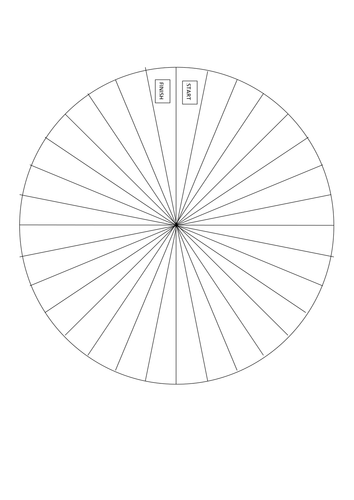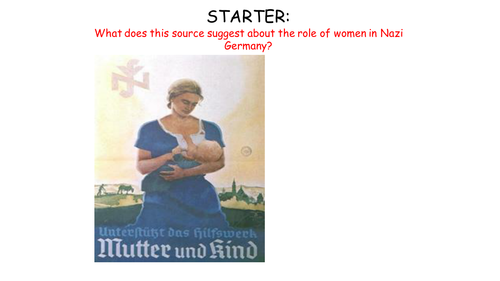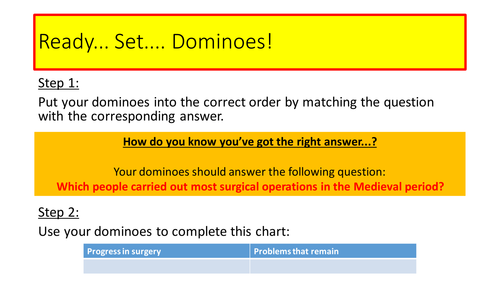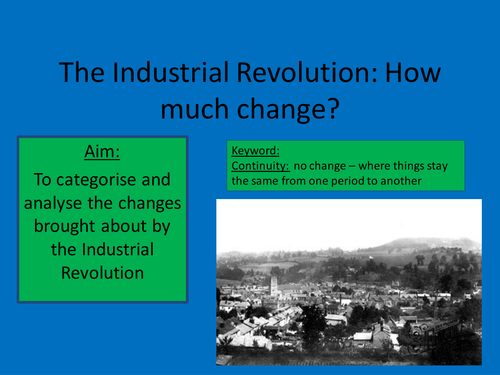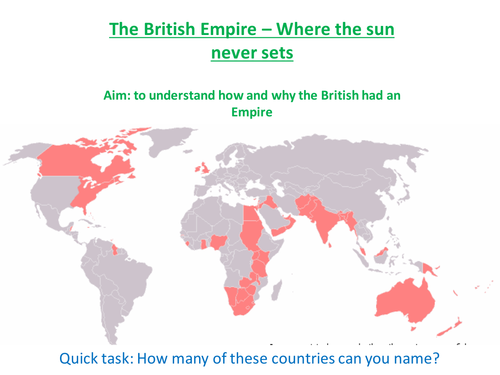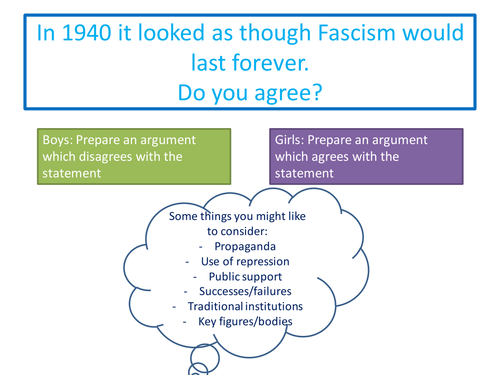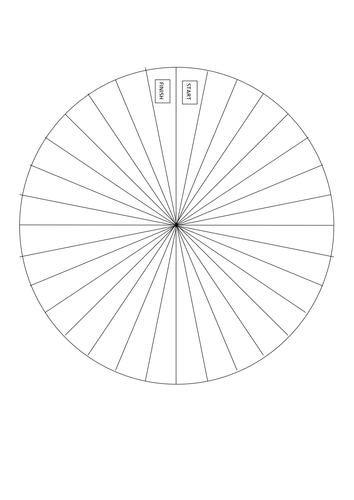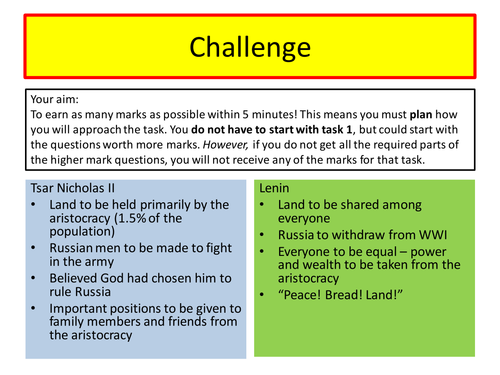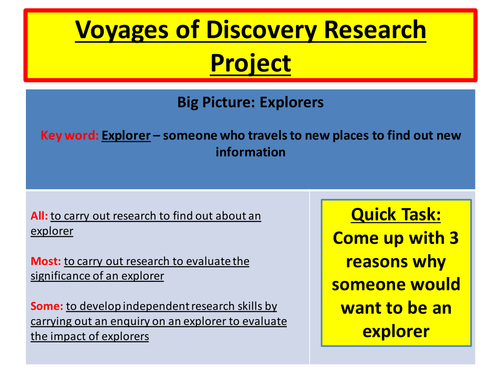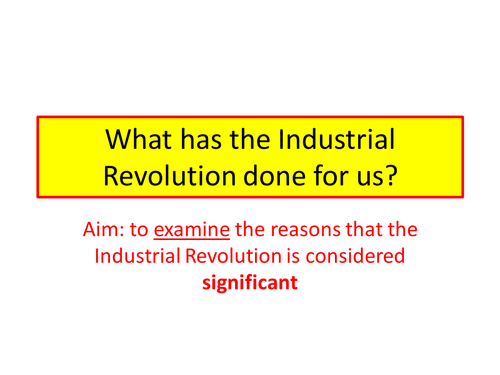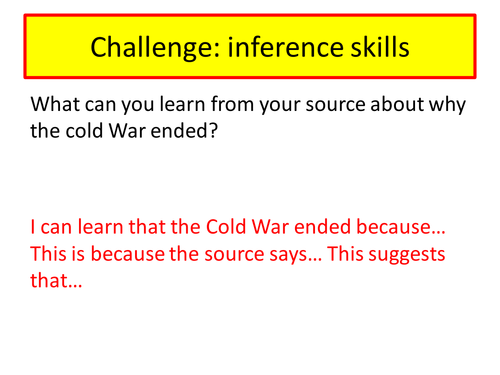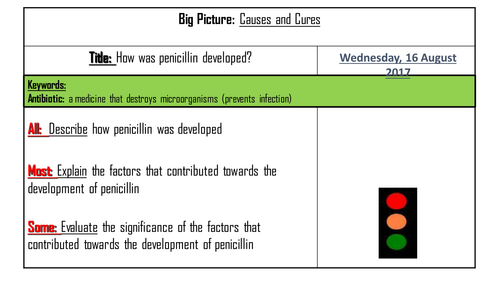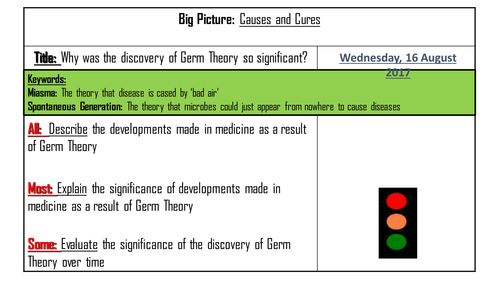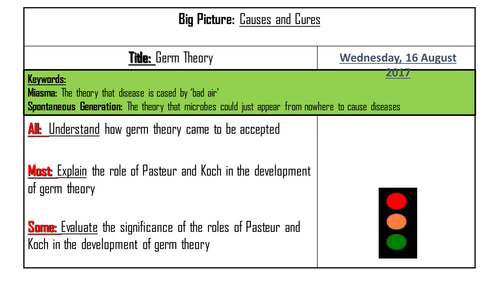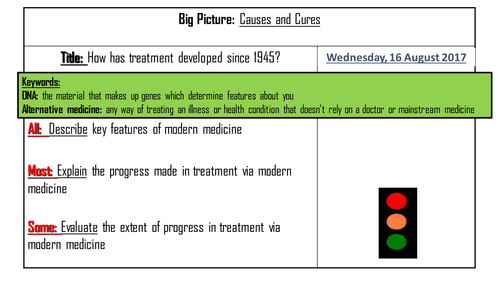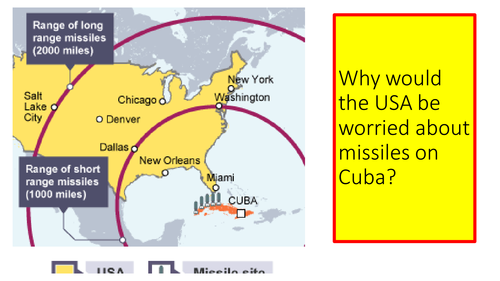
170Uploads
40k+Views
18k+Downloads
All resources

Crime and Punishment - Articulate cards
Cards for the game 'articulate' based on the GCSE topic of Crime and Punishment. The cards cover categories: crime, punishment, law enforcement and key people. This activity works really well as revision.

AQA 8145 Nazi Germany - women
A GCSE lesson on Nazi policies towards women. The lesson includes differentiated resources for lower ability students. Students will link polices towards women with Nazi control of the whole population.
Bundle

AQA 8145 Hitler's Germany - keeping control
A four lesson series on how Hitler kept control of Nazi Germany. The lessons are planned around the AQA 'Democracy and Dictatorship' specification at GCSE and complete the last part of the AQA scheme of work. The lessons include exam skills and practice as well as course content.

AQA 8145 Medicine - Anaesthetics and Antiseptics
A GCSE lesson for the AQA specification on Medicine Through time. The lesson prepares students to be able to answer 8 mark questions on the significance of anaesthetics and antiseptics. Includes differentiated questioning and helps sheets for lower ability students.

Industrial Revolution - What changed?
This lesson works well as an introduction to the industrial revolution or a summary of the changes that take place. Students will categorise the changes and evaluate the extent of change. Includes differentiated resources for higher and lower ability students

Why did Britain want an Empire?
A KS3 lesson on the reasons for an Empire. The lesson includes a game in which students must 'scramble' to gain territory in Africa, after which they prioritise reasons for building an Empire.

Italy and Fascism - Collapse of Fascism and WWII
An A-level lesson for the course on Mussolini's Italy. Students will analyse the causes of the collapse of Fascism in Italy, with a focus on the impact of WWII. The activities require students to use skills key to their exams, such as forming reasoned judgements and creating paragraphs. The lesson is geared around an exam style question which students will be able to answer by the end of the lesson.

Italy and Fascism Articulate cards
A resource which is useful for revision. The cards cover four topic areas: 1900-1918; 1914-1922; Mussolini's Italy and Mussolini's foreign policy.

Russian Revolution - an introduction
An introductory lesson as an overview on the causes of the Russian Revolution. Planned for a KS3 scheme of work, but could also be used at GCSE, the lesson includes differentiated worksheets to help students to build key skills for essay writing. By the end of the lesson, students will be able to make a prediction about the causes of the Russian Revolution.

Explorers research task - 4 lesson series
A differentiated research task, ideal for ks3 students to promote independent learning. Students are given clear guidance as to what to include in their project, which can be peer or self assessed at the end. The research task is broken down so that students know what they need to have achieved in each lesson.

How significant was the industrial revolution?
A KS3 lesson on the significance of the industrial revolution. Includes differentiated tasks for lower ability students. Students will use criteria in order to assess the significance.

Industrial Revolution - Did life improve?
A KS3 lesson which summarises the improvements during the Industrial revolution. Includes a living graph, and requires students to categorise and prioritise the changes which occurred. Works best as a summary lesson after completing a unit of work on the topic.

Causes of the end of the Cold War
A differentiated lesson on the causes of the end of the Cold War. Includes a card sort for students to categorise and differentiated data capture worksheets for students which build key skills for essay writing.

AQA 8145 Medicine - Development of Penicillin
A GCSE lesson in which students explain and evaluate the role of key factors in the discovery and subsequent development of penicillin before using their understanding to complete an 8 mark 'compare' exam style question.
Bundle

AQA 8145 Medicine - Understanding Causes and Cures of diseases since Germ Theory
A series of GCSE lessons taught thematically on the developments in understanding the causes of diseases, and finding cures for diseases since the advent of Germ Theory. Includes practice exam questions in line with the AQA specification.

AQA 8145 Medicine - Germ Theory and the development of Vaccines
A GCSE lesson in which students examine the subsequent development of vaccines after the development of germ theory. Students will explicitly consider the long term significance of the discovery of germ theory in preparation for an 8 mark exam style question. Includes differentiated resources for students to consider the role of key factors in the development of vaccines.

AQA 8145 Medicine - Germ Theory
A GCSE lesson in which students will understand the chronology of the discovery of germ theory and its journey to finally becoming accepted. Students will also consider the roles of Pasteur and Koch in this process and reach a judgement on which individual was more significant. Also encourages students to consider the role of specific factors in line with the requirements of the 16 mark essay question.

AQA 8145 Medicine - Modern Treatment
A GCSE lesson in which students examine several strands of development of modern medicine to consider the impact on treating diseases. Students will evaluate the extent to which these measures have led to progress in health and life expectancy before reviewing change in understanding causes and cures of diseases over time.

AQA 8145 Conflict and Tension: Cold War 1945-1972 - The Cuban Missile Crisis
A GCSE lesson in which students use a living graph to evaluate the extent to which the world was on the brink of war as the events of the Cuban Missile Crisis unfolded. Includes practice and guidance for an 8 mark 'write an account' exam style question for the new GCSE exams.

AQA 8145 Conflict and Tension: Cold War 1945-1972 - Causes of the Cuban Missile Crisis
A GCSE lesson in which students examine the developing relationship between the USSR and Cuba, and the reasons for it. Students will explain how both the Cuban Revolution and the Bay of Pigs Invasion pushed Cuba closer to the Soviet Union, ultimately leading to missiles being sited there. Students will consider which event played a more significant role. Includes exam practice of a 4 mark source question with guidance.

